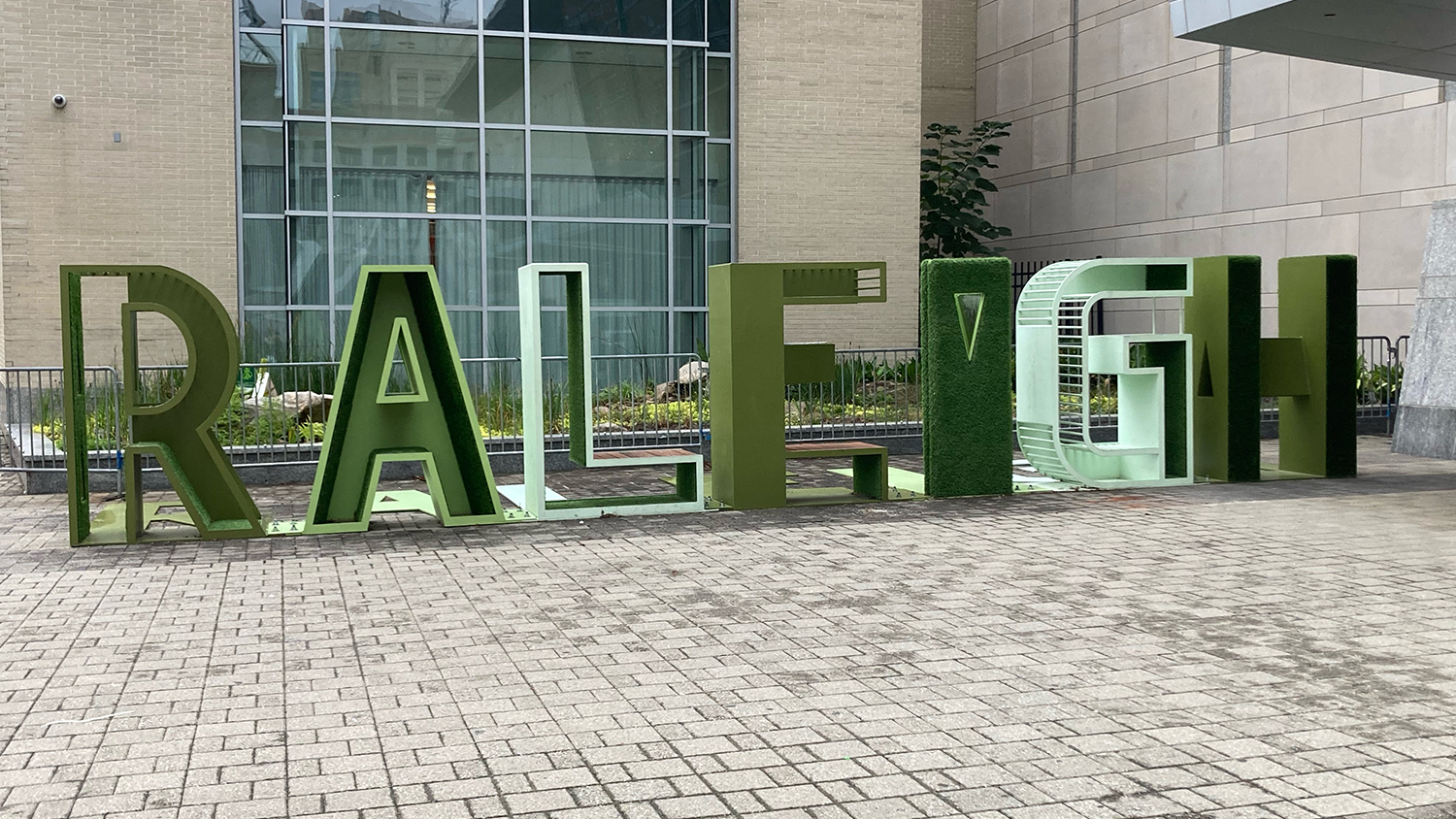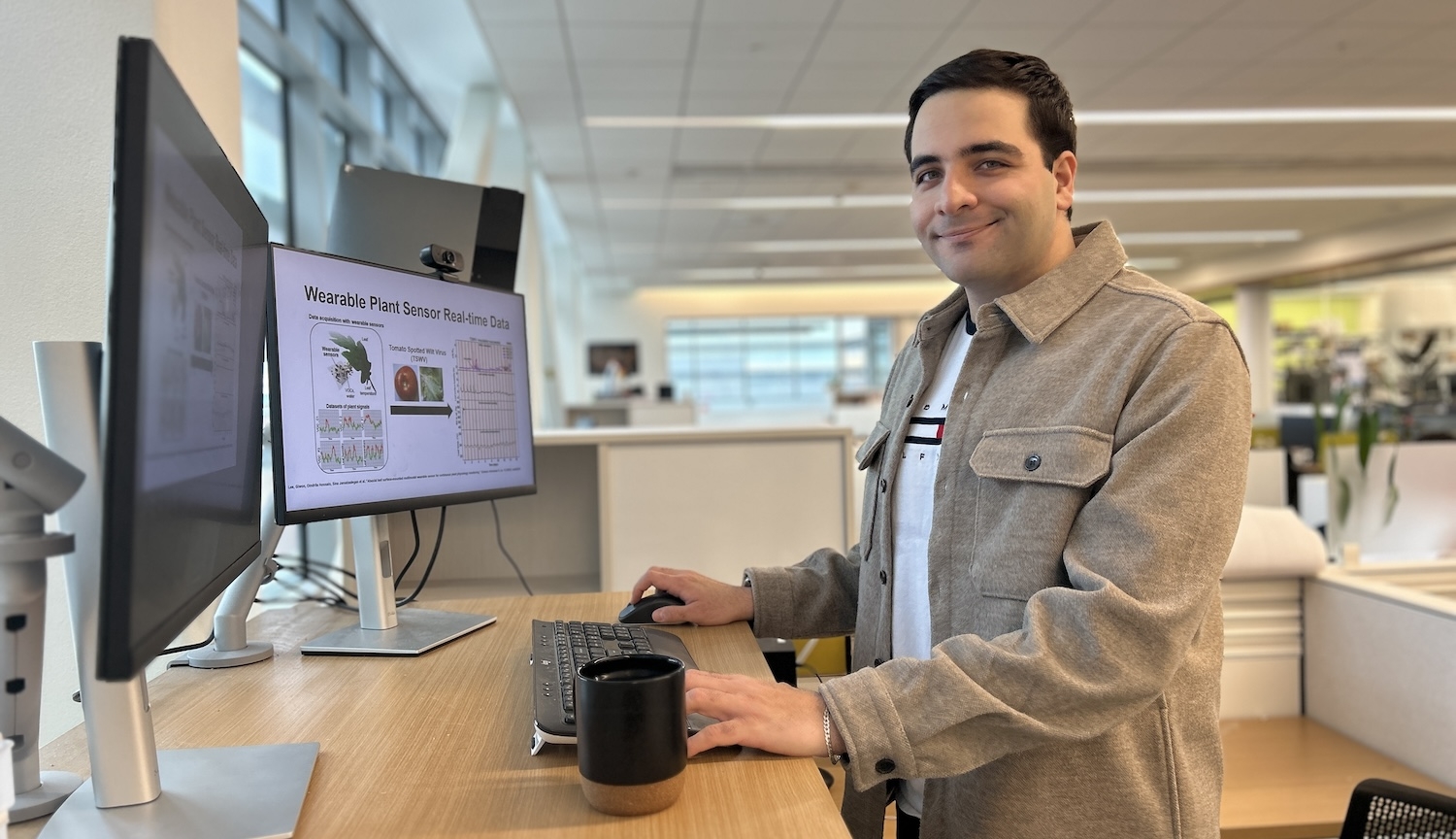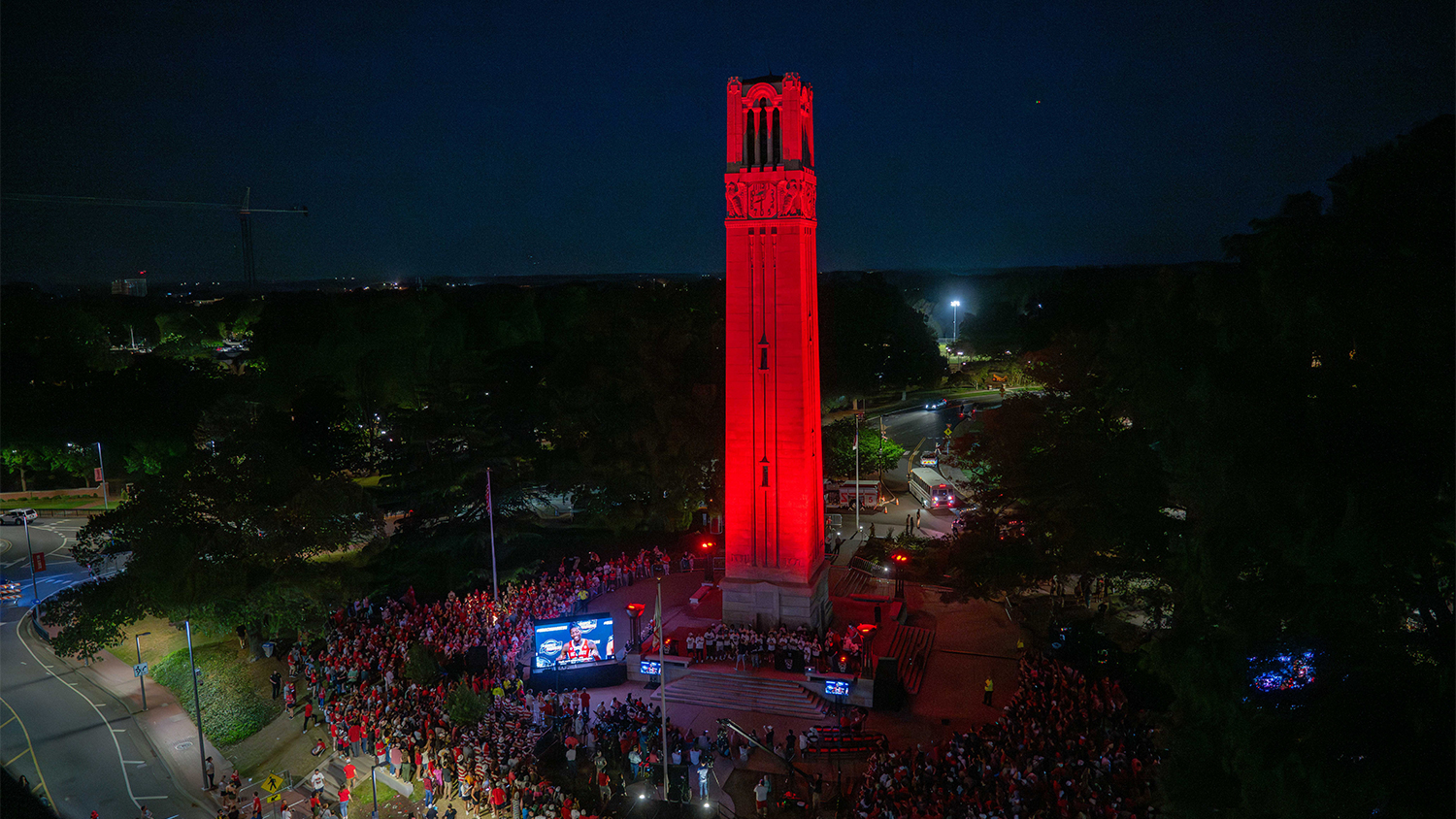Though held every year since 2016, 2024 marks the first time the International Soft Matter Conference (ISMC2024) has taken place in the Americas.
The Raleigh Convention Center in downtown Raleigh, North Carolina, hosted the eighth annual conference. Over 500 registrants from 30 countries attended.
Organized by multiple universities around the world, the ISMC2024 hosted workshops, panels and more about soft matter, a type of matter that can be altered by thermal or mechanical stress of the magnitude of thermal fluctuations. Some of the potential applications of soft matter include food items, medicines, robotics, biosensing and more.
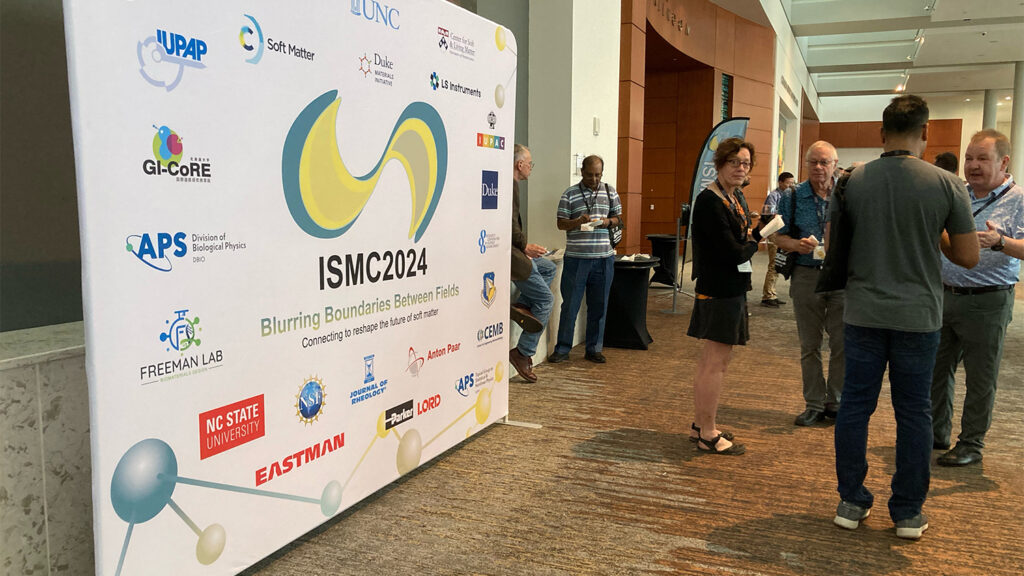
“The ISMC is a very successful and well organized conference that [saw] internationally renowned soft matter researchers come to Raleigh to discuss excellent science with their peers,” said Lilian Hsiao, associate professor of chemical and biomolecular engineering and one of the conference chairs from NC State University.
“As part of the organizing committee, we are very excited to showcase some of our best work at NC State to the world,” she added.
It is not the first time NC State has been involved in a gathering regarding soft matter research. In 2008, the university hosted a “SoftMatt-2008” meeting. In subsequent years, the meeting then alternated between NC State, Duke University and the University of North Carolina at Chapel Hill, making the Triangle an ideal place to hold such a large conference about the topic of soft matter.
Though soft matter is considered a subfield of condensed matter physics, it pertains to all sorts of fields. Some of the notable characteristics of soft matter are that they are susceptible to changing shape via external forces, they often contain liquid, they can replicate, and they respond to external stimuli. Some basic elements of soft matter include polymers, colloids and granular matter.
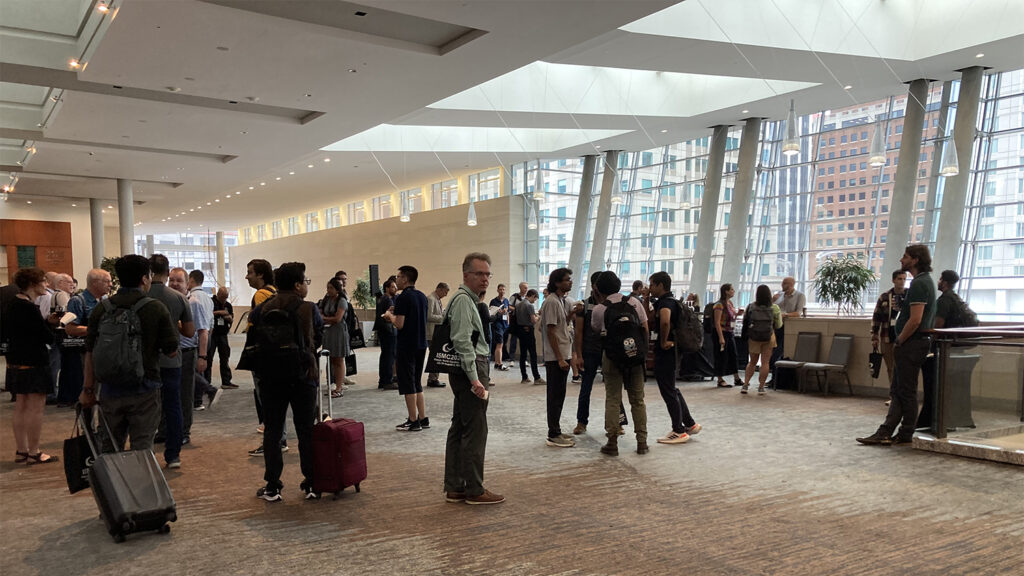
“Soft matter itself is a very multidisciplinary field,” said Ronit Freeman, secretary of the Soft Matter Association of the Americas and co-chair of this year’s ISMC2024 organizing committee. “So we have people from chemistry, physics, math, different types of engineering, biology and computer science. You name a field, they’re here.”
The conference was sponsored by NC State, Duke and UNC along with other organizations.
In addition to Hsiao, S. Frank and Doris Culberson Distinguished Professor of Chemical and Biomolecular Engineering Jan Genzer and Distinguished Professor of Physics Karen Daniels chaired the conference, along with professionals from UNC and Duke.
“More and more, we are starting to get rid of all the silos of the individual disciplines, and we are working across every application,” said Freeman, who is also an associate professor of applied physical sciences at UNC. “And we need that. We need solutions that combine different skill sets and mindsets, and this is a place where we can bring all those people together.”
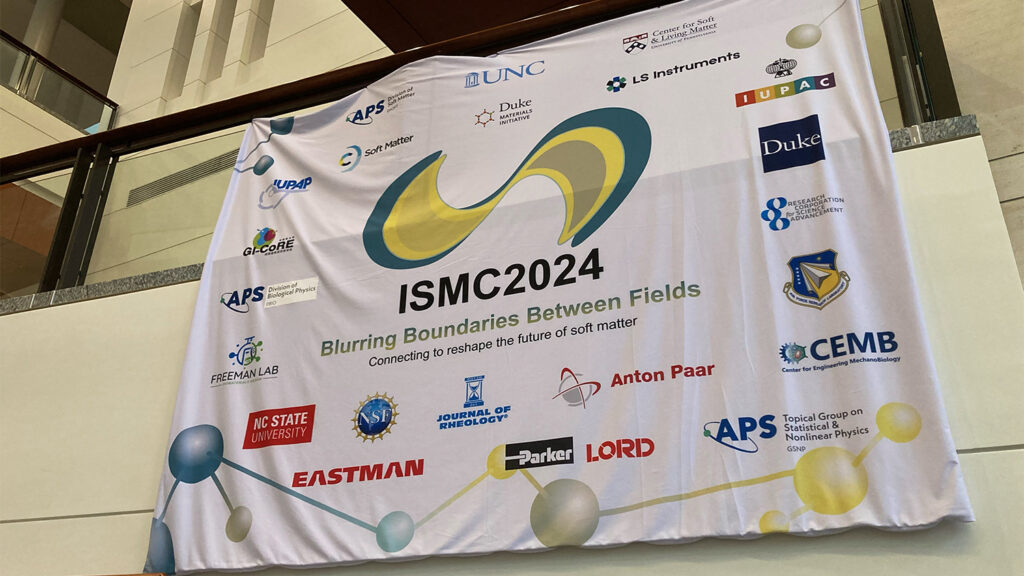
Attendees convened over the weekend, with pre-conference workshops at NC State, including a new feature – a pre-event workshop focused on young investigators, during which students were able to collaboratively workshop new research ideas and get feedback.
The official conference began on Monday evening, July 29, with a banquet and welcoming remarks from Lex Kemper, Associate Dean for Research in the College of Sciences at NC State. Like many attendees, Yendry Corrales Ureña, Faculty of Production Engineering at the Universität Bremen in Germany, was excited to talk and learn about other disciplines.
“In my case, I study materials that soft matter can replace to make petroleum or something,” she said of her research into nanotechnology. “So I study materials that store energy.”
On Tuesday morning, ahead of workshops, several professionals from the organizing schools gave opening remarks, including Peter Fedkiw, the College of Engineering’s interim associate dean for research and infrastructure, and Genevieve Garland, senior associate vice chancellor of research development and operations at NC State.
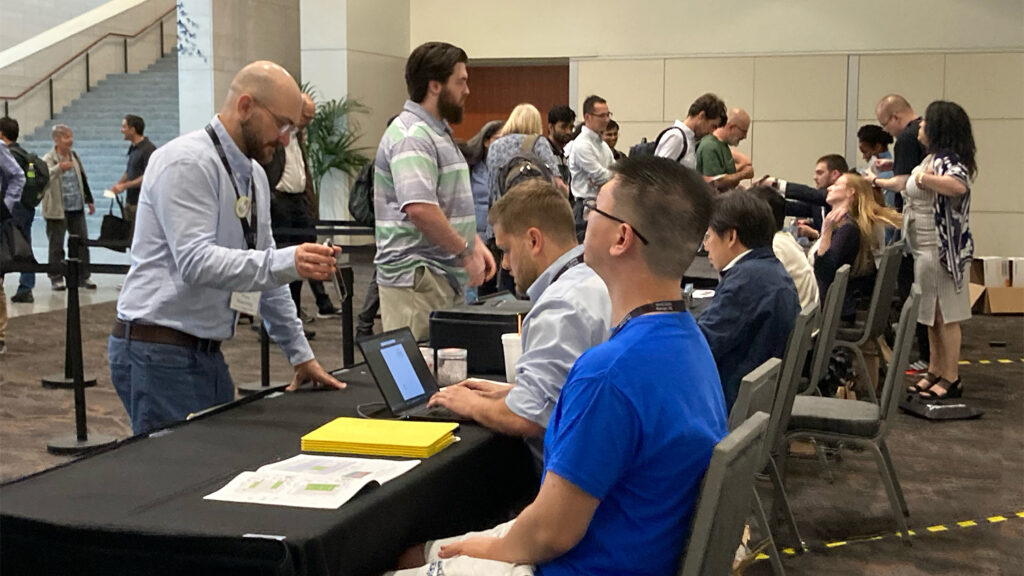
Panels kicked off a little after 10 a.m., with professionals and students across disciplines and from around the world presenting their research. This included Ph.D. students like Sebastian Pineda Pineda, who studies chemical engineering at Charles University in Prague.
Pineda’s research encompasses the condensation of oligopeptides into electrolytes. The conference was a great opportunity to network with people in his field.
“For me, I’m seeing what is in the field,” he said. “Seeing if I can do something with them with my knowledge. I’m looking for [work] opportunities because I would like to be a professor and show what I know, what I learned in my Ph.D.”
Sessions ended Tuesday with a business meeting of the Soft Matter Association of the Americas and the closing ceremony. A celebratory dinner concluded the events on Wednesday.
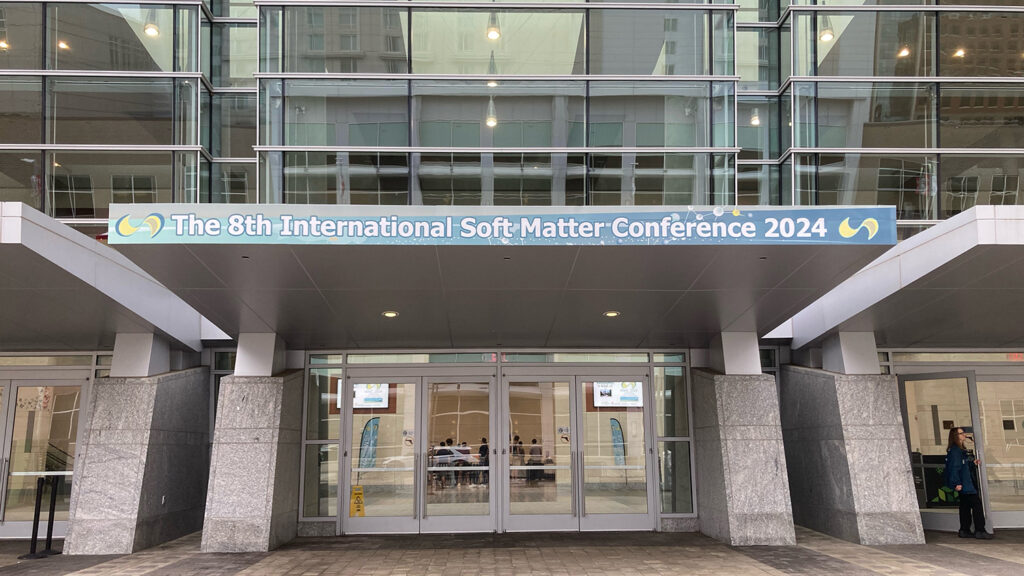
“It’s been terrific to host colleagues from all over the world here in North Carolina,” said Daniels, one of the committee members. “For many of them, it was their first time in our area, and the warmth with which they have been welcomed has been noted in many conversations throughout the week. The Triangle is particularly strong in the research areas represented by the conference, and this made it a natural hosting location.”
Genzer, who was also a committee member, called the conference a huge success.
“People enjoyed the conference,” he said with a smile. “We received many compliments from attendees from the U.S. and abroad. They liked the conference, Raleigh, NC State University. We took attendees on tours to the NC State campus and research labs. The visitors were impressed by the facilities and infrastructure NC State offers. We set the bar very high.”
